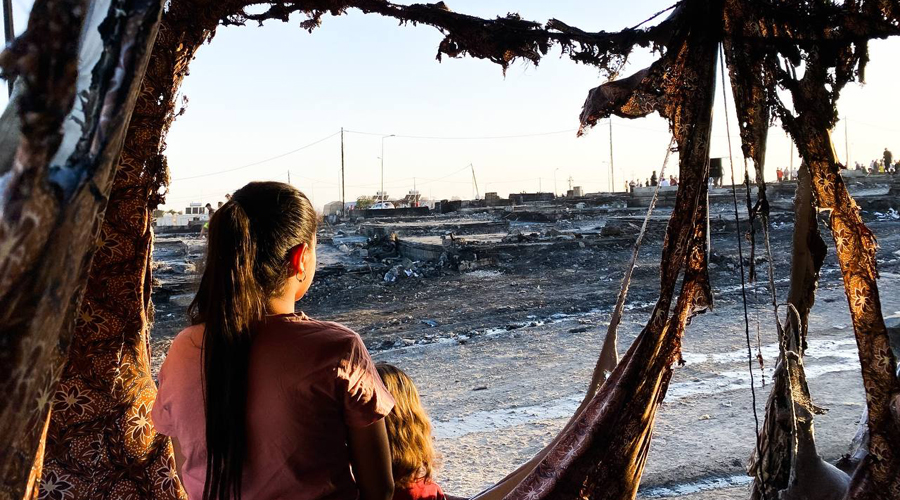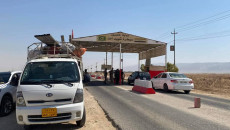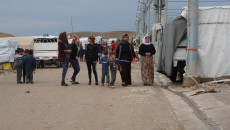The decision of the Iraqi government to record lands and residential units in dozens of sub-districts and residential complexes in the district of Shingal (Sinjar), of Ninewa province, has brought joy to the hearts of the Ezidi community.
This step is expected to encourage the displaced Ezidis to leave the camps and return to their homes. This is one of the points in the work program of the new Iraqi government.
Last week, the Iraqi government decided to register lands and residential houses that were built within the borders of Shingal district after 1975, according to several procedures that have not been announced yet.
Ibrahim Khidir, an Ezidi citizen from al-Qahtaniya subdistrict who returned from displacement to his house in October 2021, said, "We heard about the decision. We hope that the government will give a small advance in return for registering the unregistered houses."
After the registration of the lands, it is expected that their prices will rise, and most importantly, they will be able to benefit from real estate advances.
"We were very happy with the decision. We ask for expediting its implementation," Khidir said.
In 2007, Ibrahim bought a mud house in Al-Qahtaniyah (Tal Uzair) and then rebuilt it with cement at his own expense, but he has been waiting for years for a decision to own it.
In total, there are approximately 15,000 houses without a title deed in al-Qahtaniyah, while the number of the officially registered houses does not exceed 1,000. These houses were demolished and repossessed in 2000 during the rule of the Baath Party (1970s-2000s).
Majid Shingali, a representative of the Kurdistan Democratic Party KDP in the Iraqi parliament, originally from Shingal, indicated that efforts to register land and residential houses have been going on for more than 10 years, but there were obstacles to the issuance of the decision and its implementation.
"Recently, a United Nations organization worked meticulously on the field on the issue and directed a report in this regard to the former Iraqi Prime Minister Mustafa Al-Kadhimi who took no steps,” Shingali said.
“The decision has now been issued, and a special committee for ownership will begin its tasks after New Year's and will visit the covered areas the decision."
Shingal, 120 km west of Mosul, a disputed area in Ninewa province, was captured by ISIS on August 3, 2014, where thousands of people were killed, kidnapped and hundreds of thousands were displaced.
There are more than eight different armed forces in Shingal, some of which are part of the Western Ninewa Operations Command, the main force is the Iraqi army.
In the Ezidi-dominant region of Shingal, only three thousand square kilometers, Baghdad federal and Erbil regional governments compete to establish their rule: three local administrations want to administer the district, and eight different armed groups are deployed.
The militant groups are PMF, Shingal Resistance Units YBS (YBSh) and Ezidkhan Asayish which are pro-PKK, federal and local Police, Iraqi army and the Kurdistan Regional Government's KRG Peshmerga.
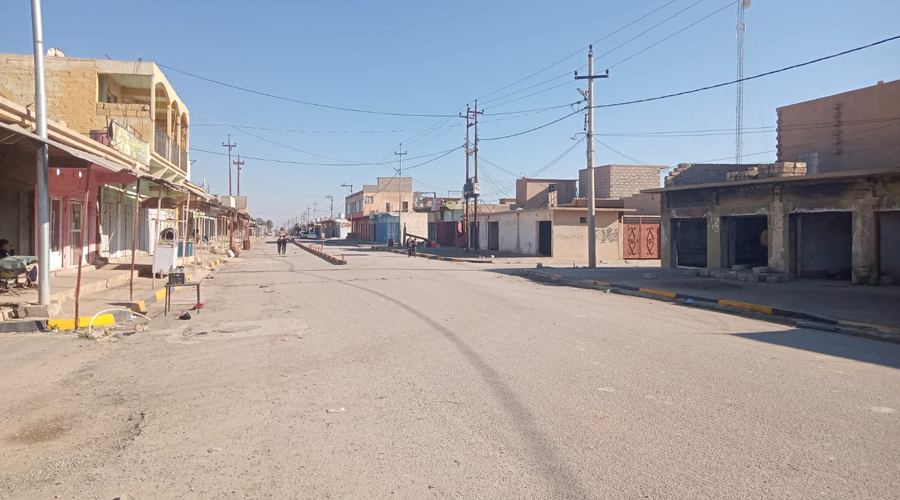
According to Majid Shingali, the decision includes 13 subdistricts and residential complexes, and stressed that "about 40,000 to 50,000 families will benefit from the decision."
"Since the founding of Shingal, the Ezidis have settled in it, and they have the right to own the land and the residential homes in it."
Regarding the goals behind this step by the Iraqi government, Shingali said, "One of the most important goals of the decision is to encourage the displaced to return to their homes."
The decision was taken to encourage the displaced to return to their homes
There are more than 600,000 Internally Displaced Persons IDPs in the Kurdistan Region of Iraq KRI, some of them are distributed in 26 camps, and the Yezidis constitute 30% of the total number of the IDPs, most of whom are from Shingal, according to statistics revealed by the Crisis Response Department of the Ministry of Interior in the Kurdistan Regional Government KRG.
(KirkukNow) spoke with a number of displaced Ezidis, who expressed their happiness with the decision, but they are waiting for security and service guarantees to be granted to them, in addition to official registration of their lands and houses for them.
Khudeda Chuki, director of Sinuny subdistrict - one of the subdistricts included in the Iraqi government's decision - said, "According to our follow-up, 90 percent of the Ezidis will benefit from the decision."
The history of the establishment of Sinuni district, according to Chuki, dates back to 1910, that is, before the establishment of the Iraqi state, but successive governments "did not make efforts to register the land and the residential houses."
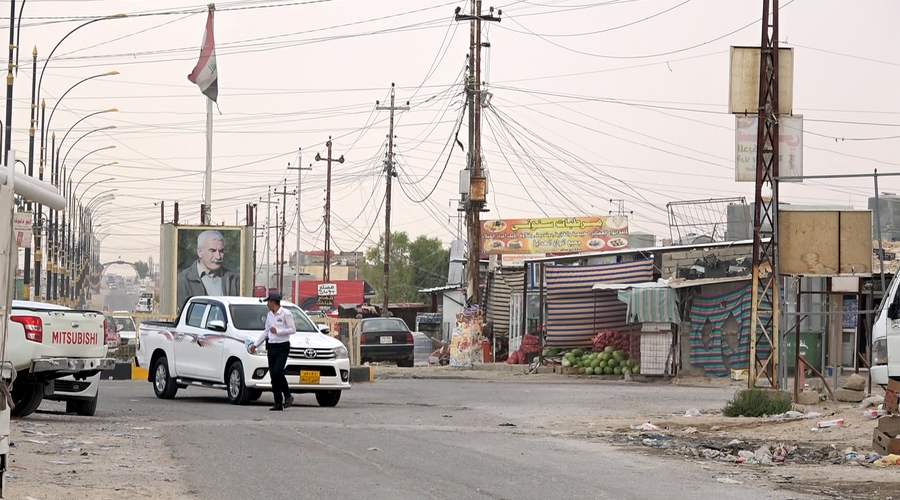
"For example, I live in a house that is more than 100 years old, but it has not been registered yet, alike most of the houses in the center of Sinuni and Qahtaniya." According to Chuki, 100,000 people are expected to benefit from the federal government's decision.
"We have not yet received the official details of the decision, but the decision was issued by the Council of Ministers, and it is scheduled to form a committee from the Nineveh Governorate administration, which will visit Shingal," he added.
"The Ezidis have been asking to own their homes for decades. A United Nations organization was behind the issuance of the decision."
The decision came after the new Iraqi Prime Minister, Muhammad Shia’ al-Sudani, decided on November 9, 2022, according to the ministerial curriculum of his cabinet, to cancel the security check procedures in the areas that were recovered from the grip of the “Islamic State of Iraq and the Levant – ISIL”, including the governorate of Nineveh.
Ezidism is an old Middle Eastern monotheistic ethnic religion and is based on belief in one God who created the world and entrusted it into the care of seven Holy Beings, known as Angels. The outstanding among these angels is Melek Taus (Peacock the King) who is the leader and has authority over the world.
Most Ezidis speak Kurmanji, one of the two main Kurdish dialects, however, most Ezidis consider Ezidism a religious not ethnic identity.

